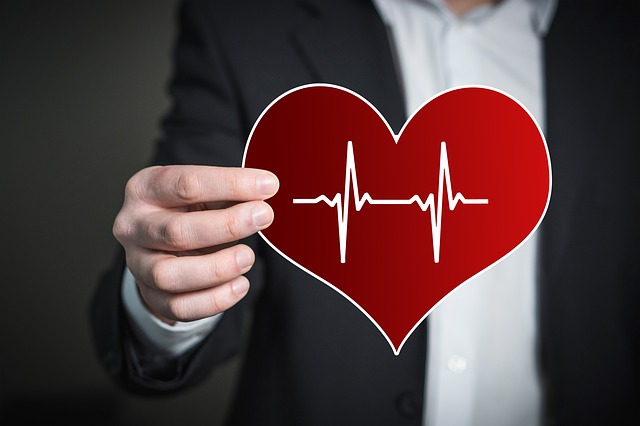Heart Attack Symptoms Are Not Always Clear

I am in my 60s and get frequent heartburn that feels like chest pain. I have been told that eating certain foods can mimic the signs of a heart attack. So, how do I know the difference between indigestion and possible cardiac arrest?
It is often difficult to determine the difference between heartburn, or acid indigestion and chest pain. This is largely due to the fact that indigestion can mimic symptoms of a heart attack and heart attack symptoms can mimic indigestion.
To help differentiate between them, it is important to know the signs and symptoms and the causes of both.
Indigestion or heartburn occurs when digestive acid from your stomach splashes up into your esophagus often causing burning or discomfort in your chest. This typically occurs after eating or while lying down. It is most common if you lie down within a couple of hours after eating.
Sometimes stomach acid can rise up to the back of your throat causing what is known as regurgitation. As you stated, this most commonly occurs when ingesting certain acid producing foods.
Some examples of acid producing foods may include citrus foods (oranges, grapefruit, lemon, lime), spicy foods, chocolate, tomato based foods, fatty foods, carbonated beverages and alcohol.
One key indicator of heartburn is whether or not it is relieved with antacids. It is important to understand that if your heartburn persists, is unrelieved by antacids or is accompanied by other symptoms of a heart attack, that you notify your doctor or seek prompt medical attention. Allow a medical professional to determine the cause of your chest discomfort.
Chest pain is a result of reduced blood flow to your heart. Often chest pain is a warning sign of a heart attack. Heart attacks can occur gradually over time or very suddenly. The goal of treating heart attacks is early detection and treatment.
Anytime that you experience these symptoms you should seek medical attention, especially if you have cardiac risk factors. Risk factors for heart disease include advanced age (over 55 years old), family history of heart disease, smoking, high cholesterol, high blood pressure, diabetes, obesity and stress.
In the event that you have chest pain remember that early treatment can improve your chance of survival and may reduce damage to your heart. It's better to err on the side of caution when having any kind of chest discomfort. A medical professional can help you determine if your chest pain is an emergency or not.
If you experience sudden, constant, crushing, chest pain and shortness of breath it is a medical emergency. It is imperative that if this occurs that you dial 9-1-1 immediately and seek medical attention. Do not attempt to drive yourself or a family member experiencing these symptoms to the hospital.
Activating Emergency Medical Services (EMS) will allow for a more timely transfer to the hospital, and they can start treatment as soon as they arrive. Additionally, the EMS are trained to revive a patient who may lose consciousness or whose heart may stop. A loss of consciousness or heart function is called "cardiac arrest" and the goal is to treat your heart before this occurs.
Remember minutes matter, time is muscle.
Today's question was answered by Lorrie Durkin, MSN, director of the Aultman Heart Center at Aultman Alliance Community Hospital.